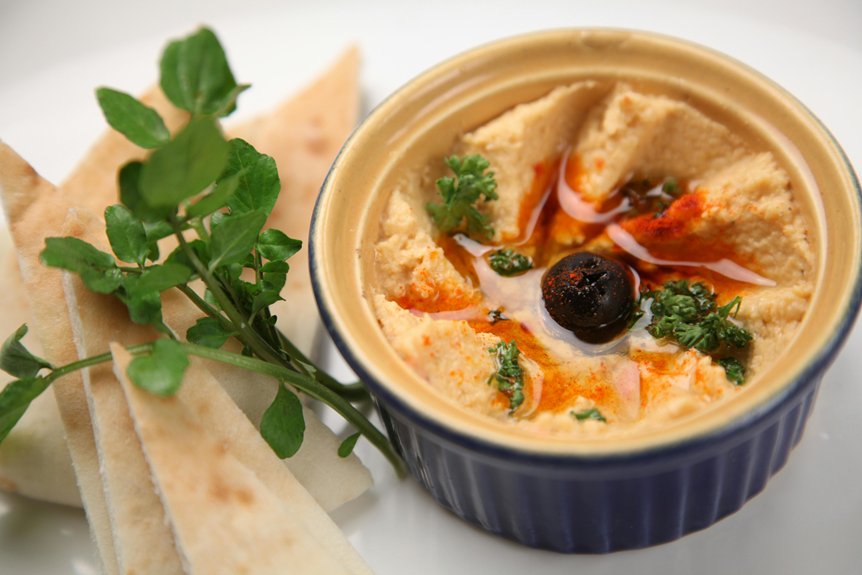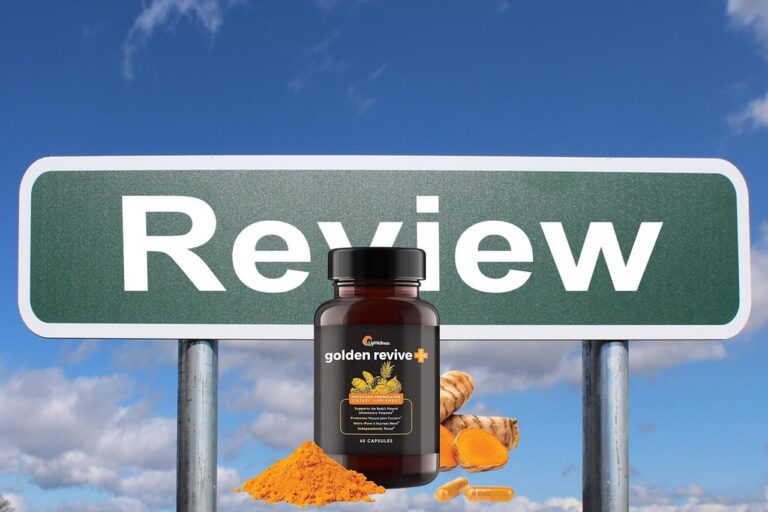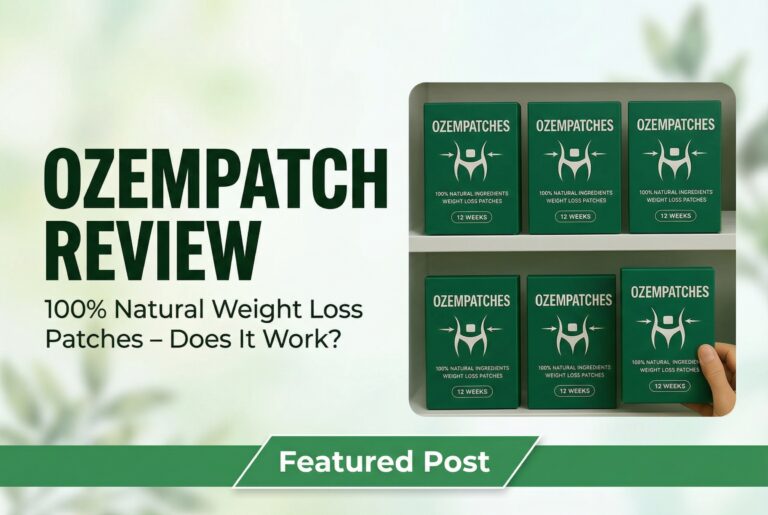
Extra virgin olive oil (EVOO) is more than just a cooking ingredient; it’s a staple of quality and health. Extracted from the first pressing of ripe olives, it boasts a unique flavor and aroma that can elevate any dish. But not all olive oils are created equal. Understanding what sets EVOO apart, from its production process to its health benefits, can help you make informed choices in the kitchen. Let’s explore the gold standard of olive oil.
Defining Extra Virgin Olive Oil
When you think of high-quality olive oil, extra virgin olive oil (EVOO) often comes to mind. This premium oil is extracted from the first pressing of olives, ensuring it retains the purest flavors and nutrients. To qualify as EVOO, the oil must meet strict standards regarding acidity, flavor, and aroma. It shouldn’t exceed 0.8% acidity and must pass sensory evaluations by expert tasters. The result? A rich, vibrant oil that enhances your dishes and offers numerous health benefits. Packed with antioxidants and healthy fats, EVOO can elevate your cooking while supporting your well-being. Choosing this liquid gold means embracing a lifestyle that values quality, flavor, and health. You’re not just cooking; you’re liberating your palate and nourishing your body. Additionally, high-quality EVOO, such as Gundry MD Olive Oil, can offer up to 30 times more polyphenols than average extra virgin olive oil.
The Production Process of EVOO
To truly appreciate extra virgin olive oil (EVOO), it’s essential to understand its production process, which begins with the careful selection of olives. Harvesting typically occurs when the olives are ripe, ensuring peak flavor and nutritional content. Once picked, the olives are quickly transported to the mill to prevent fermentation.
At the mill, they’re washed and crushed into a paste. This paste undergoes a process of malaxation, where it’s gently mixed to allow the oil to separate. Next, the oil is extracted using either traditional pressing or modern cold extraction methods, preserving its quality. Finally, the EVOO is filtered and stored in dark containers, ready for you to enjoy its rich flavor and health benefits.
Quality Standards and Criteria
Understanding the quality standards and criteria for extra virgin olive oil (EVOO) is essential for anyone looking to make informed choices at the grocery store. First, EVOO must pass a stringent chemical analysis, ensuring low acidity—typically below 0.8%. Next, it undergoes sensory evaluations by certified tasters who check for flavor, aroma, and absence of defects. Look for a harvest date on the bottle; fresher oil is generally better. Certifications, like PDO or PGI, indicate adherence to specific regional standards. Remember, price often reflects quality—high-quality EVOO may cost more but can elevate your culinary experience. By focusing on these standards, you empower yourself to choose oils that are not only delicious but also authentic and wholesome.
Health Benefits of Extra Virgin Olive Oil
Choosing high-quality extra virgin olive oil can greatly impact your health. Packed with antioxidants and healthy fats, it supports heart health by reducing bad cholesterol levels. It also fights inflammation, helping to protect your body from chronic diseases. By incorporating this liquid gold into your diet, you can enhance your overall well-being.
Studies suggest that EVOO may even improve brain function, potentially lowering the risk of Alzheimer’s. Plus, its rich polyphenols can boost your immune system, making you feel more vibrant. Not to mention, the flavor it adds to your meals can inspire creativity in the kitchen. By embracing extra virgin olive oil, you’re not just enjoying a delicious ingredient; you’re investing in a healthier, more liberated lifestyle.
How to Choose the Best EVOO
How can you guarantee you’re getting the best extra virgin olive oil? Start by checking for a harvest date on the label; fresher is better. Look for bottles made of dark glass or tin, as they protect the oil from light. Pay attention to the origin; oils from regions like Italy, Spain, or Greece often indicate quality. Opt for oils labeled “cold-pressed” to assure minimal heat during extraction, preserving flavor and nutrients. Don’t shy away from tasting; the oil should be robust and fruity, with a hint of bitterness. Finally, buy from reputable retailers or producers who offer transparency about their sourcing and production methods. Empower yourself with knowledge, and savor the benefits of truly exceptional EVOO!
Culinary Uses and Flavor Profiles
When it comes to cooking, extra virgin olive oil (EVOO) isn’t just a versatile ingredient; it’s also a flavor enhancer that can elevate your dishes. You can drizzle it over salads for a fresh touch, use it as a base for marinades, or incorporate it into your pasta sauces for added depth. The flavor profiles of EVOO vary widely, ranging from fruity and grassy to peppery and robust. This complexity allows you to match the oil with different cuisines, whether you’re preparing Mediterranean, Italian, or even Asian dishes. Plus, its high smoke point makes it suitable for sautéing and roasting without compromising its health benefits. Embrace EVOO to transform your cooking and savor every bite!





